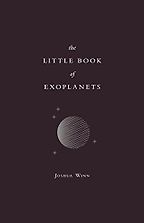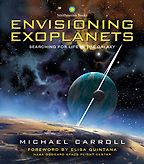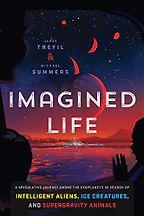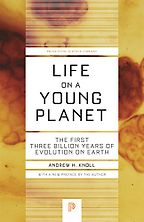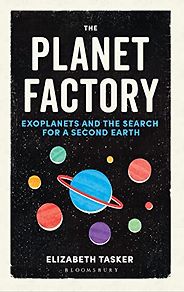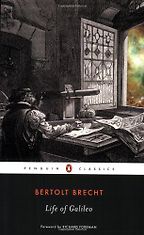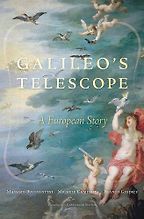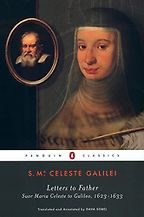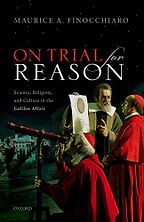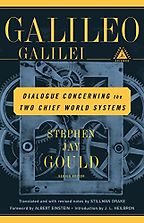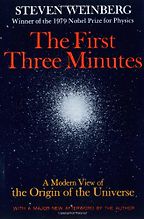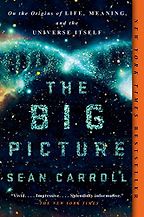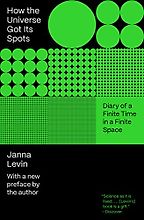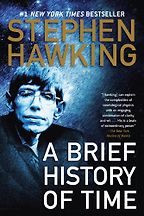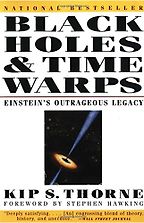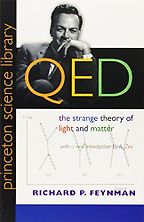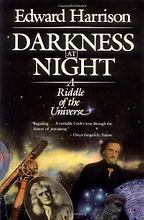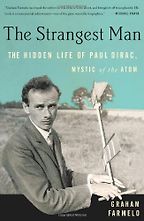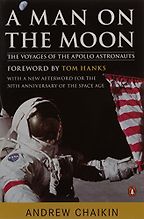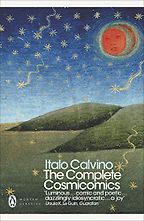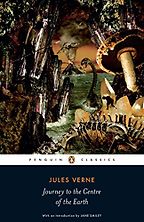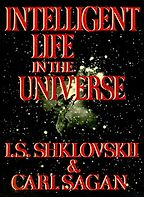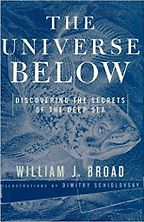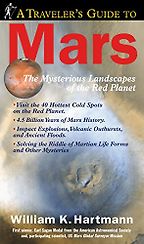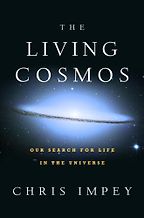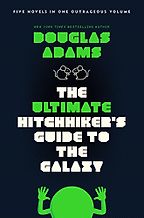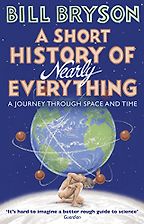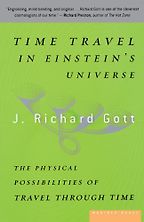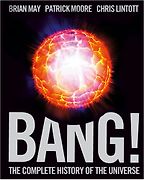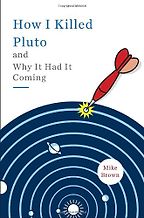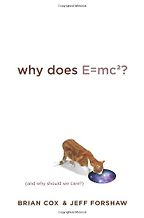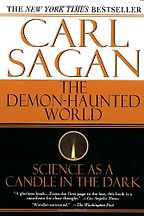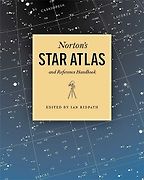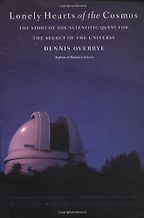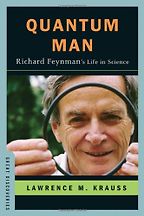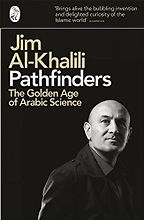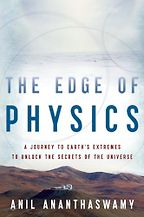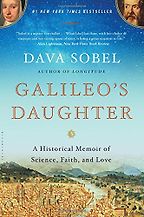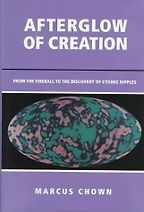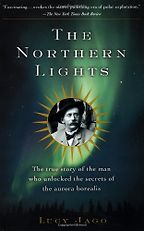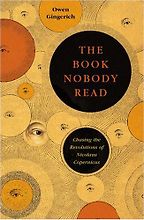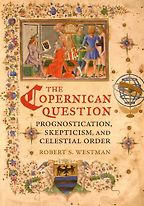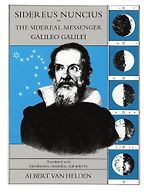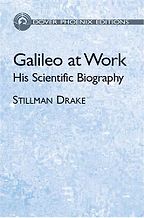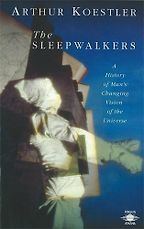Astronomy
Last updated: September 17, 2024
The best books on astronomy and space science, take us beyond the earthly limits of our home planet, astronomy helps us discover new horizons, in the solar system and beyond.
We've interviewed Andrew Chaikin, author of A man on the moon, on space exploration, author Stuart Clark on astronomers, and several cosmologists on the best cosmology books. Professor Paula Findlen tells us about the best books Galileo, the early astronomer If you're more interested in the possibility of extraterrestrial life, have a look at our book selections on life below the surface of the Earth and life beyond Earth.
Elsewhere astronomer Philip Plait explores the wonders of the universe, Dava Sobel, author of the award winning book Longitude chooses her best books on the early history of astronomy and Professor Andrew Lawrence looks at astronomy, physics and people. For more space science books, Pedro G Ferreira, professor of astrophysics at Oxford University, chooses his best books on the universe and Caroline Smith of London’s Natural History Museum looks at meteorites.
-

1
The Little Book of Exoplanets
by Joshua Winn -

2
Envisioning Exoplanets: Searching for Life in the Galaxy
by Michael Carroll -

3
Imagined Life: A Speculative Scientific Journey among the Exoplanets in Search of Intelligent Aliens, Ice Creatures, and Supergravity Animals
by James Trefil & Michael Summers -

4
The Planet Factory
by Elizabeth Tasker -

5
Life on a Young Planet: The First Three Billion Years of Evolution on Earth
by Andrew H Knoll
The best books on Exoplanets, recommended by Chris Impey
The best books on Exoplanets, recommended by Chris Impey
With 10 billion potentially habitable worlds in our galaxy and 100 billion galaxies in the universe, the probability there is life beyond Earth is high. We’re also likely to find out more in the next five to seven years, says Chris Impey, University Distinguished Professor of Astronomy at the University of Arizona and author of Worlds Without End: Exoplanets, Habitability, and the Future of Humanity. Here, he recommends four brilliant books about exoplanets as well as one about life on Earth, our only example of biology to date.
-

1
Life of Galileo
by Bertolt Brecht -

2
Galileo’s Telescope: A European Story
by Franco Giudice, Massimo Bucciantini and Michele Camerota, translated by Catherine Bolton -

3
Letters to Father: Sister Maria Celeste to Galileo
by Suor Maria Celeste (Virginia Galilei) and Dava Sobel (editor and translator) -

4
On Trial for Reason: Science, Religion, and Culture in the Galileo Affair
by Maurice A. Finocchiaro -

5
Dialogue Concerning the Two Chief World Systems
by Galileo Galilei & Stillman Drake (trans.)
The best books on Galileo Galilei, recommended by Paula Findlen
The best books on Galileo Galilei, recommended by Paula Findlen
The trial of Galileo by the Roman Inquisition was one of the most public confrontations between the new science emerging in the 17th century and the Catholic Church but, nearly 400 years later, there’s still a lot of scope to argue what it was about. Here historian of science Paula Findlen, a professor at Stanford University, explains the endless fascination of Galileo Galilei, the Renaissance man who turned a telescope to the sky and took the world by storm, and recommends the best books to start learning more about him.
-

1
The First Three Minutes
by Steven Weinberg -

2
The Big Picture: On the Origins of Life, Meaning, and the Universe Itself
by Sean M Carroll -

3
How the Universe Got Its Spots: Diary of a Finite Time in a Finite Space
by Janna Levin -

4
A Brief History of Time
by Stephen Hawking -

5
Black Holes and Time Warps
by Kip S Thorne
The Best Books on the Big Bang, recommended by Dan Hooper
The Best Books on the Big Bang, recommended by Dan Hooper
Before Einstein, how the universe began was a question for theologians, not scientists. Over a century later, we know much more, but not enough to do more than guess at what happened at the moment of the Big Bang and immediately after. Astrophysicist Dan Hooper, author of At the Edge of Time—a book that explores dark energy, dark matter and other things we don’t yet understand—talks us through books about the Big Bang, and questions whether our entire understanding of the universe is about to be turned upside down.
The best books on Cosmology, recommended by Marcus Chown
From Kepler’s astronomy to Richard Feynman’s quantum electrodynamics, Marcus Chown launches us into the world of cosmology.
The best books on Life Below the Surface of the Earth, recommended by Tullis Onstott
The ‘subterranaut’ describes how the discovery of ancient bacteria miles beneath the Earth’s surface opens the possibility of finding life on Mars. He picks five books that show how our knowledge of life deep in this planet could lead us to discover it elsewhere.
The best books on Cosmology, recommended by David Goldberg
David Goldberg, professor of physics at Drexel University, recommends the best books to start learning about cosmology. He explains his choices to high school student, Eric Bolton.
Books on the Wonders of The Universe, recommended by Philip Plait
Philip Plait urges us to remember that “science isn’t an encyclopedia of facts to memorise. It’s alive.” The astronomer and author of the acclaimed Bad Astronomy blog discusses books that can’t help but light the fire of interest in all things astronomical. He looks at how we can date the age of the universe, the danger of solar flares, and why Pluto is no longer classed as a planet.
The best books on Astronomy, Physics and People, recommended by Andrew Lawrence
The astronomy professor says the process of scientific discovery can be slow and messy – but that reading about some of the extraordinary personalities involved brings the history alive
The best books on Astronomers, recommended by Stuart Clark
Can’t tell your nebula from your black hole? The New Scientist writer introduces us to some of the wonders of the universe and tells the stories of astronomers who discovered them
The best books on The Early History of Astronomy, recommended by Dava Sobel
Best-selling science writer, Dava Sobel, recommends books about the men whose painstaking work changed our understanding of Earth’s place in the universe.
